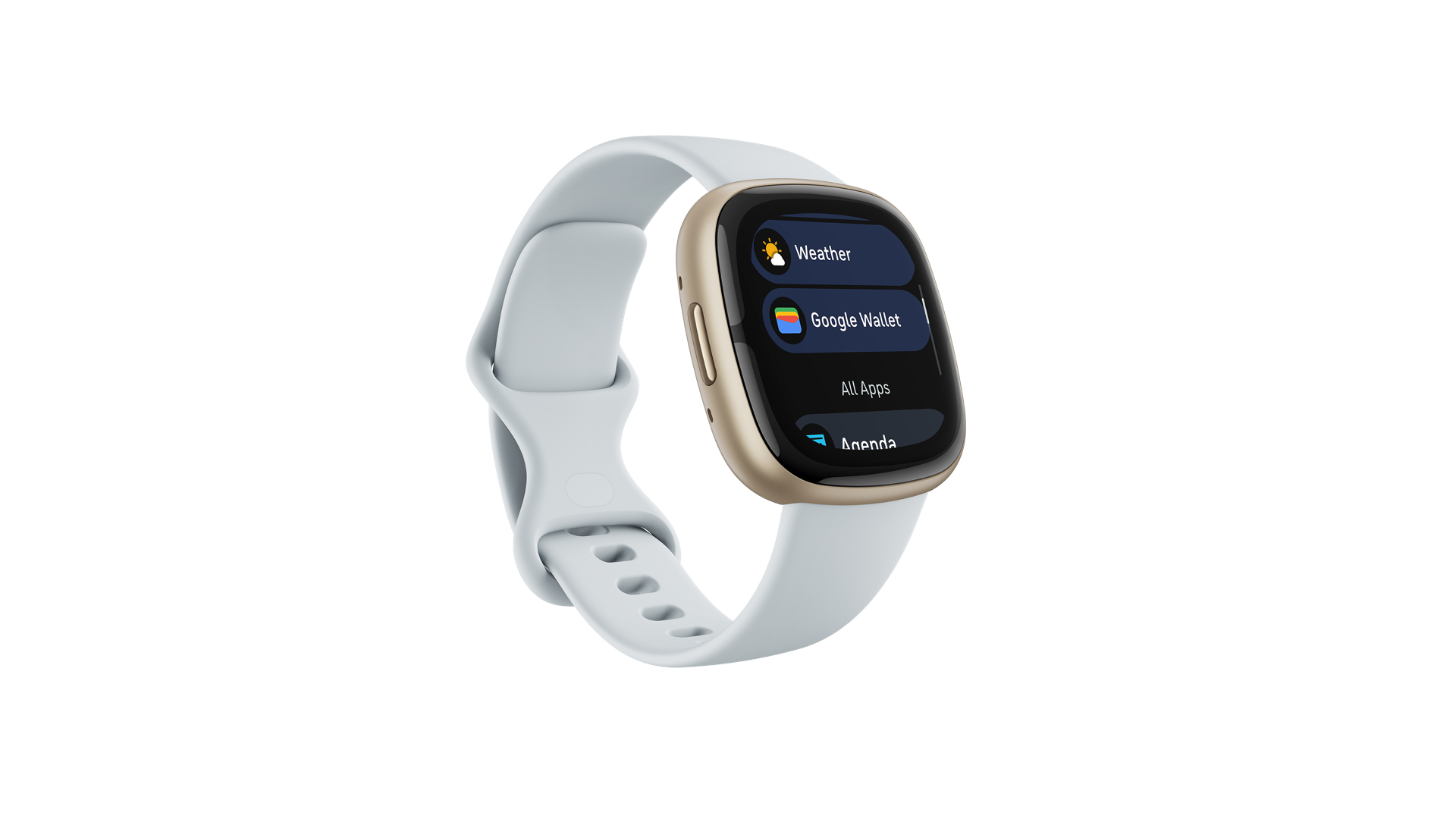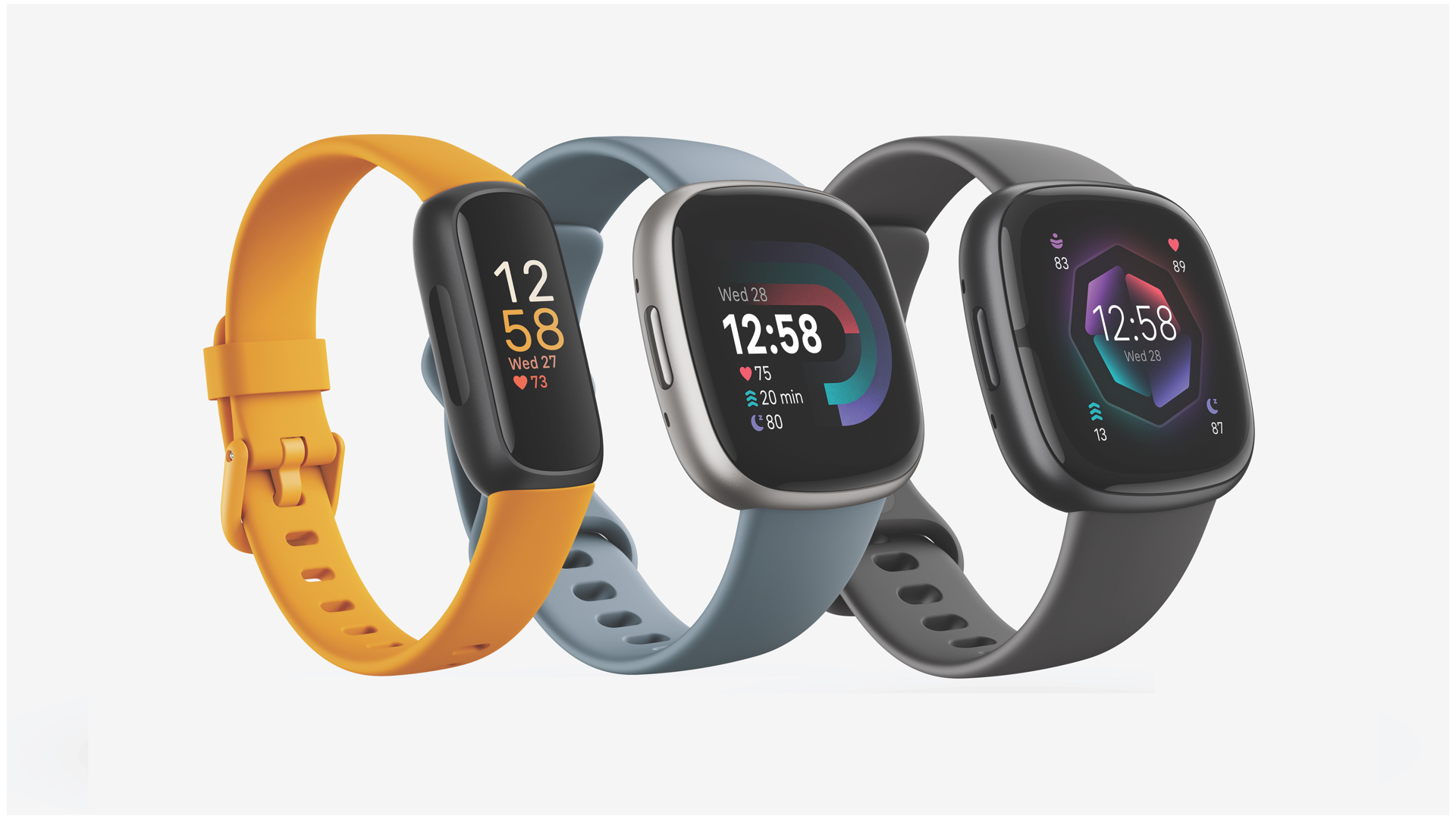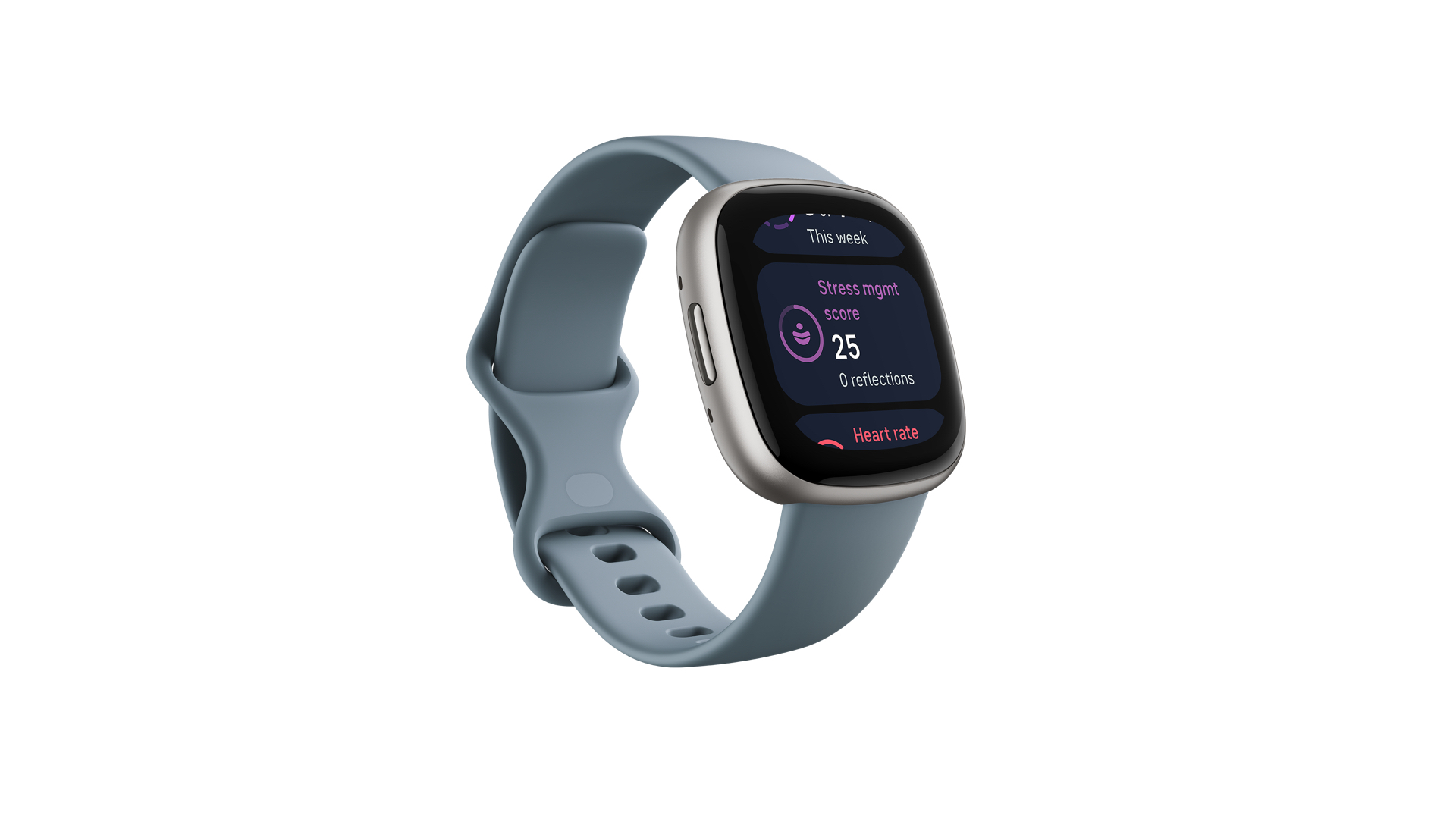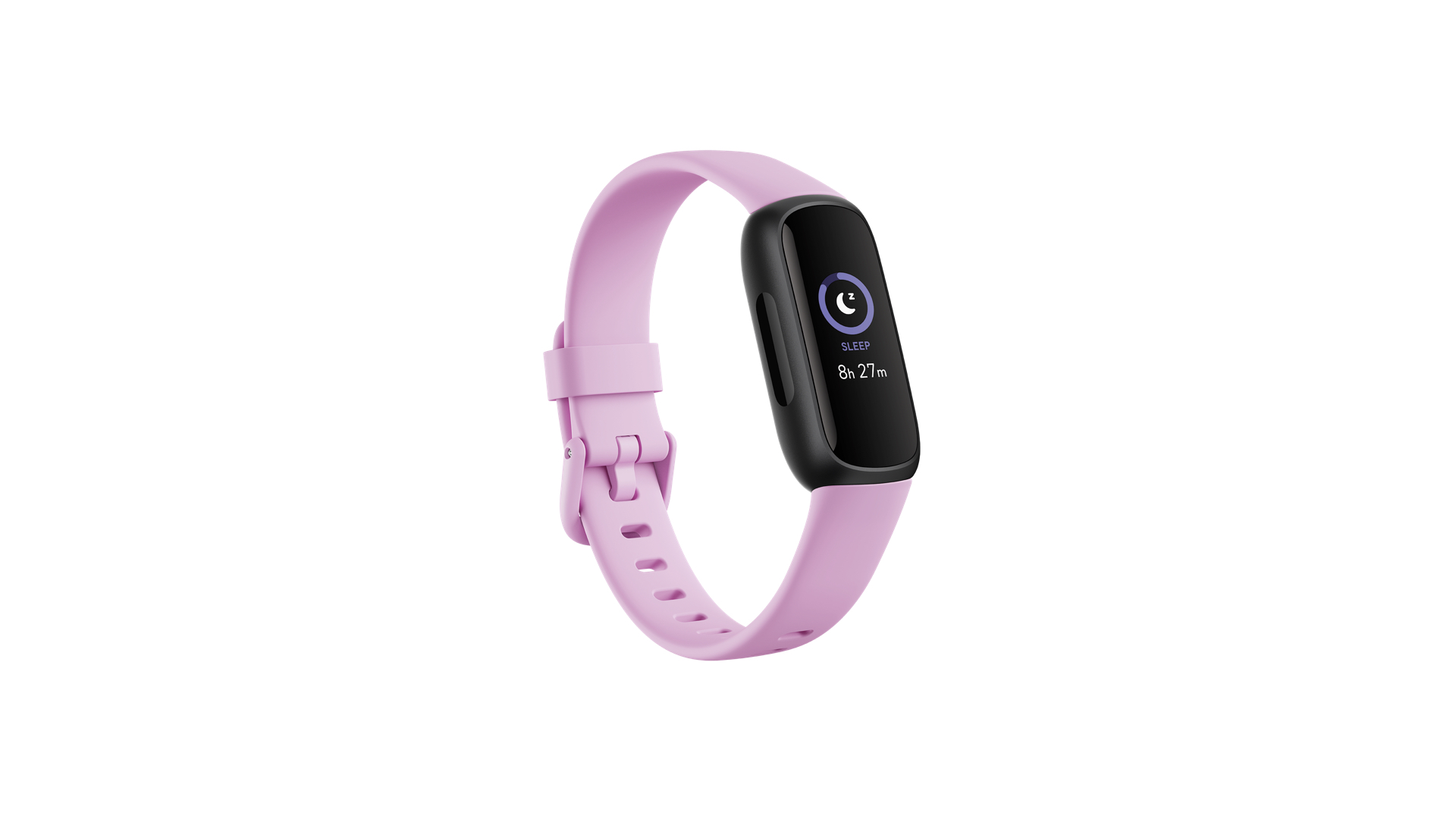Fitbit launches Sense 2, Versa 4 and Inspire 3 – Four things I'm excited about
New features and sensors are coming – are you ready?


Get all the latest news, reviews, deals and buying guides on gorgeous tech, home and active products from the T3 experts
You are now subscribed
Your newsletter sign-up was successful
It's always a good day when Fitbit announces its latest wearables, and it's an even better day when the San Fransisco-based company releases not one but three new watches and trackers, namely the Sense 2, the Versa 4 and the Inspire 3. And while Fitbit hasn't switched things up too much with its latest wearable range, there are four things I'm particularly interested in, including new sensors and features.
Better still, some of the new models replace the best Fitbits on the market today, such as the Fitbit Versa 3, so there is a lot of pressure on them to offer even better value for money than their predecessors. And while I have to wait and see if this is actually true or not, one thing is for sure: all fitness trackers look enticing, and I can't wait to test and review them!
THIS JUST IN: Read our full Fitbit Sense 2 review
1. Fitbit is starting to separate the Versa and Sense even more
I'm not sure about you, but I've been confused about the Sense/Versa dynamic when they were launched. I understood that the Sense is now the top dog, but I wondered what's the point in keeping the Versa line when the Sense looks and handles more or less the same but does more?
Thankfully, my confusion has been lifted, as Fitbit now markets the Sense as their stress management watch and the Versa as the 'fitness-focused' option. It all makes sense – pun intended – and I'm sure Fitbit has been pushing the Sense as the health watch option before, but thanks to the new Body Response sensor, it's even clearer what the main differences are between the two wearables.

Fitbit Sense 2
2. The Sense 2 introduces Fitbit’s brand new Body Response sensor
Speaking of the Body Response sensor: it tracks continuous electrodermal activity (cEDA) for all-day stress management right from your wrist. Along with cEDA, the Sense 2 uses metrics like heart rate, heart rate variability (HRV), and skin temperature to help you better understand when your body experiences potential signs of stress.
Tracking stress levels and the body's response to stress is a recent trend we've seen in wearables. Whoop built its whole business model around the concept of strain, and Garmin introduced HRV and training readiness on its newest wearables, including the Garmin Forerunner 955 Solar and the Garmin Forerunner 255S.
Get all the latest news, reviews, deals and buying guides on gorgeous tech, home and active products from the T3 experts
Of course, the Fitbit Charge 5 could already measure Daily Readiness, a metric that's mainly based on HRV, among other things, but the new wearables – and especially the Sense 2 – takes this to a whole new level, something I'm very interested in seeing in real life.

New Fitbit Collection
3. All devices include a six-month Fitbit Premium membership
I like free stuff, and I love the fact that all three new Fitbit devices come with free Fitbit Premium subscriptions. But unlike in previous years, all three devices offer this free 6-month subscription to both new and old Fitbit users, making it all the more worthwhile to upgrade to the new model. Via Fitbit Premium, you can access advanced sleep data and even find out what your Fitbit Sleep Animal is.

Fitbit Versa 4
4. Irregular Heart Rhythm Notifications are available
Following CE Mark approval, Fitbit now offers the Irregular Heart Rhythm Notifications feature on its wearables. Powered by Fitbit’s PPG (photoplethysmography) algorithm, the feature passively assesses your heart rhythm in the background while you’re being still or sleeping.
If there’s anything that might be suggestive of AFib, you’ll get notified via the Fitbit app so you can talk with your doctor for a more informed discussion and assessment. AFib isn't not something you might need to assess on a regular basis, but it's good to know Fitbits can assess this 'properly' now.

Fitbit Inspire 3
Fitbit Sense 2, Versa 4 and Inspire 3 – Price and availability
Inspire 3 is available for $99.95 / £84.99 / AU$179.95, including a six-month Premium membership for new and returning customers. Beginning today, you can pre-order the Inspire 3 online at Fitbit and select global retailers, with worldwide availability in September.
Versa 4 is available for $229.95 / £199.99 / AU$379.95, and Sense 2 is available for $299.95 / £269.99 / AU$449.95, and both include a six-month Premium membership (for new or returning customers). Beginning today, pre-order Versa 4 and Sense 2 online at Fitbit and select global retailers, with worldwide availability starting next month.

Matt Kollat is a journalist and content creator for T3.com and T3 Magazine, where he works as Active Editor. His areas of expertise include wearables, drones, action cameras, fitness equipment, nutrition and outdoor gear. He joined T3 in 2019.
His work has also appeared on TechRadar and Fit&Well, and he has collaborated with creators such as Garage Gym Reviews. Matt has served as a judge for multiple industry awards, including the ESSNAwards. When he isn’t running, cycling or testing new kit, he’s usually roaming the countryside with a camera or experimenting with new audio and video gear.